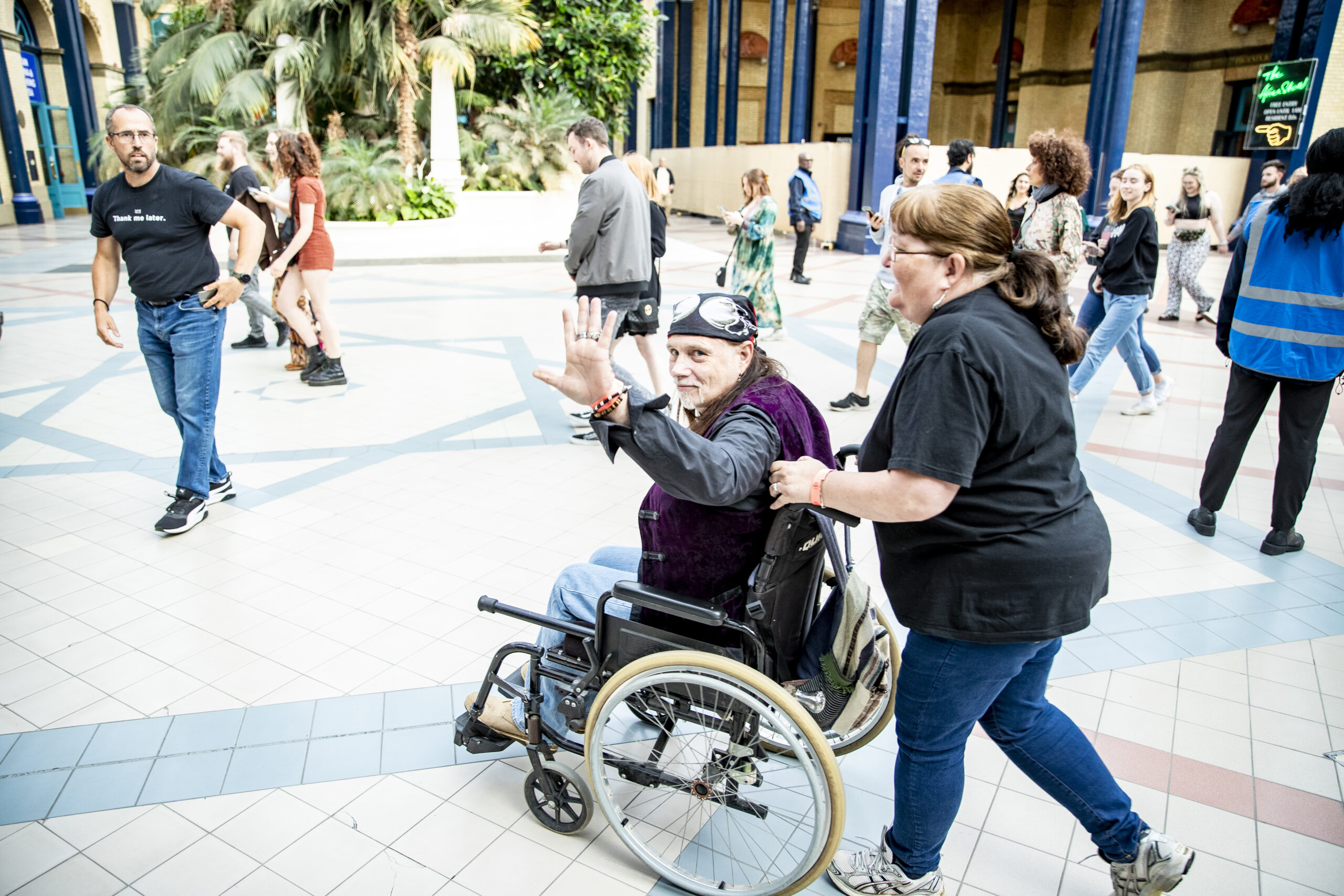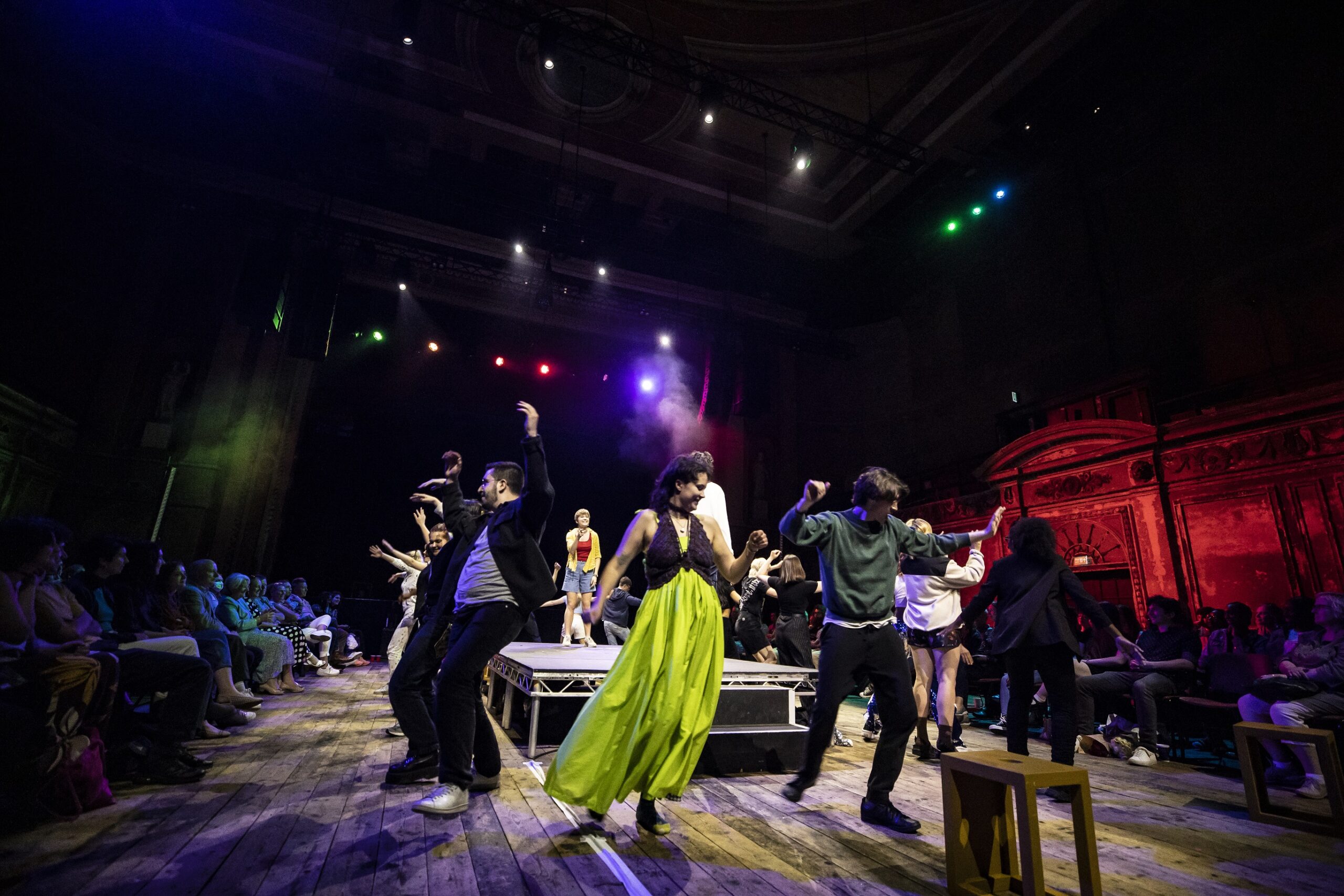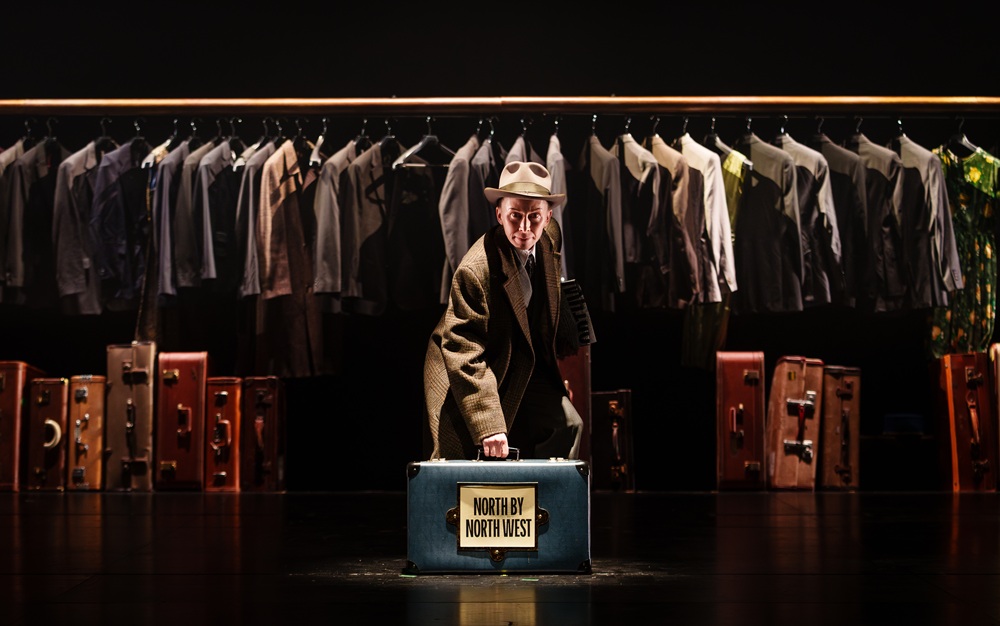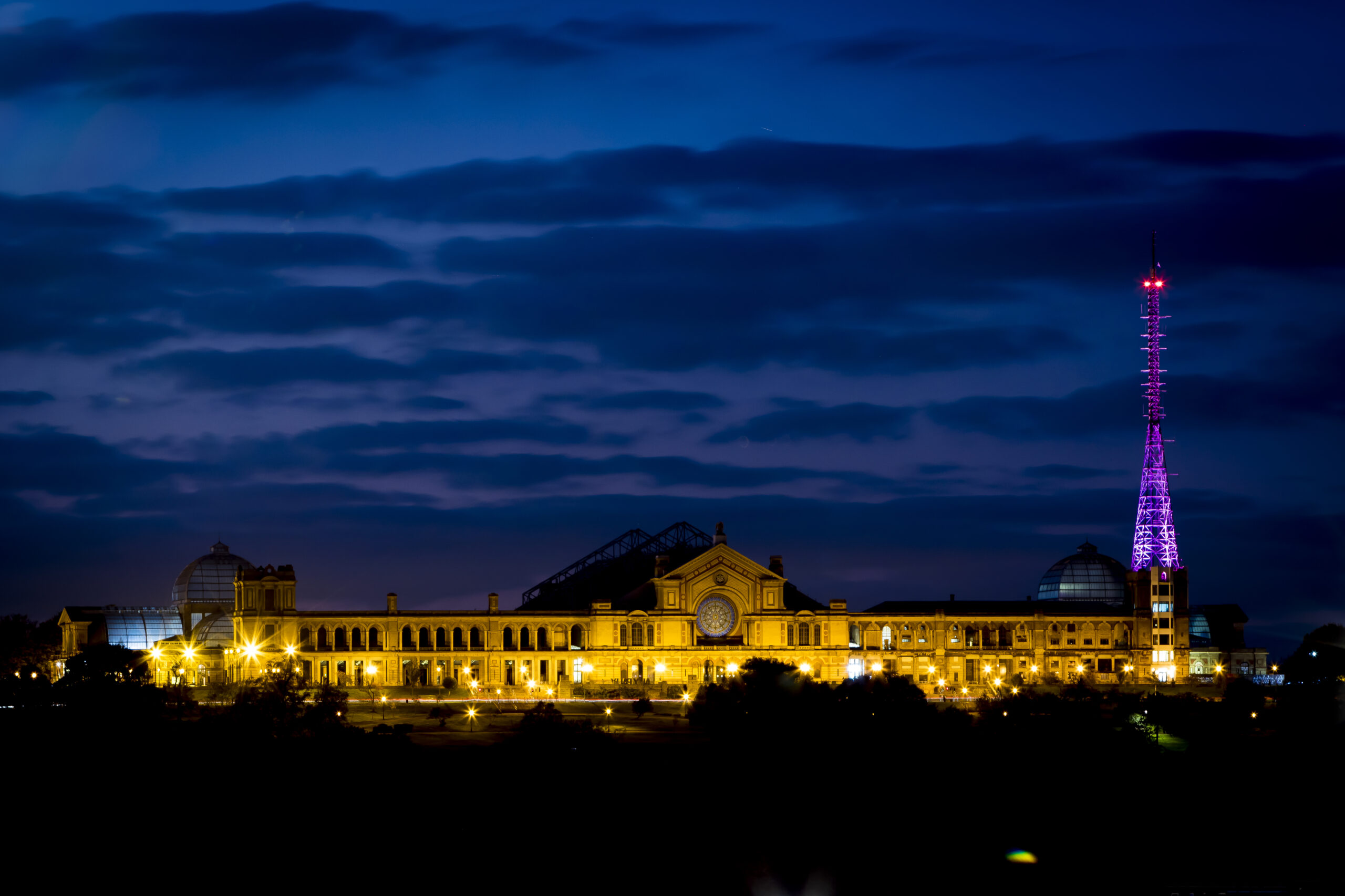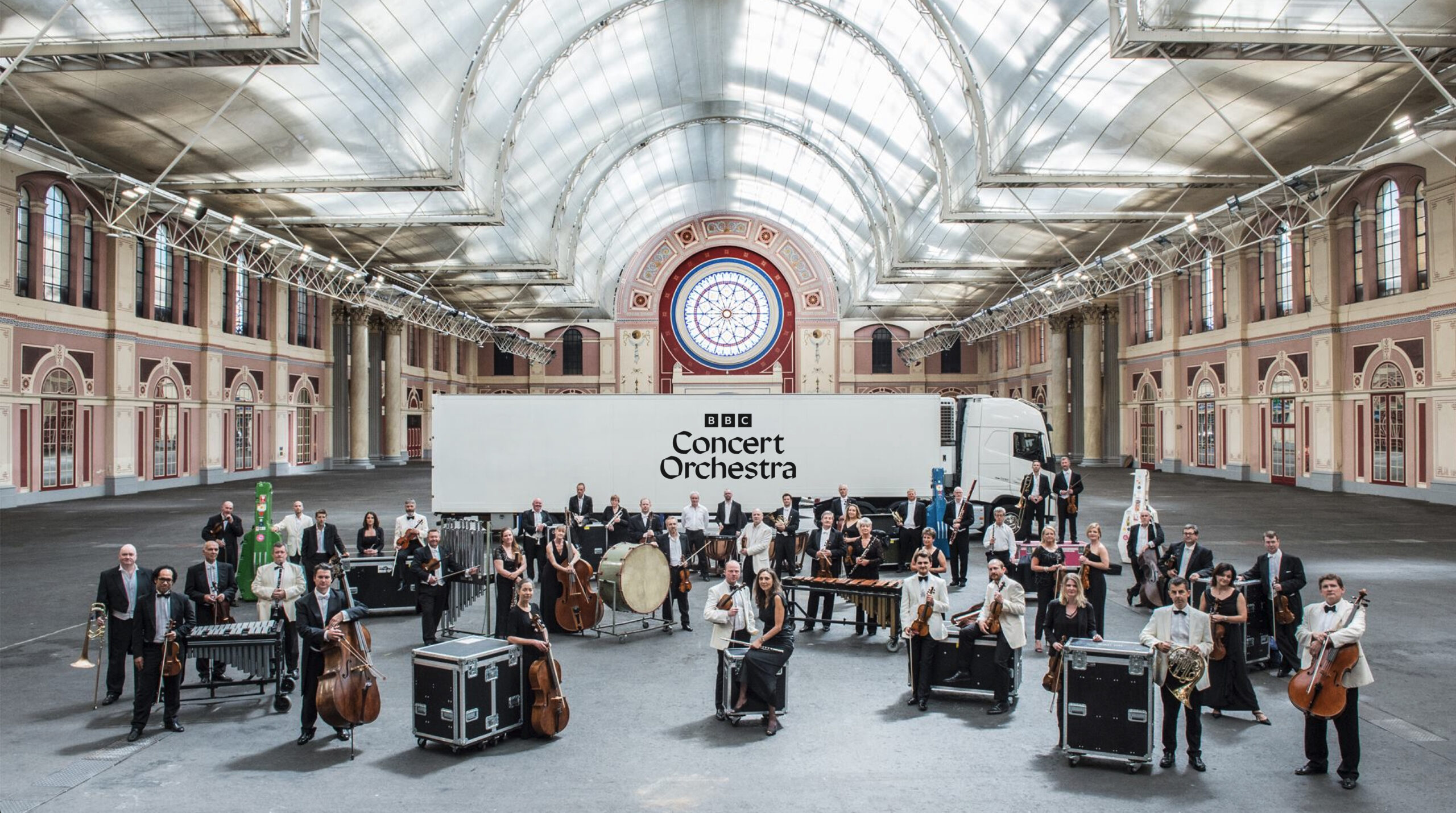We’re delighted that the Palace has recently been awarded a Silver Standard to recognise the improvements we’ve made for Deaf and disabled people who visit the venue.
This recognition follows a year and a half long project to audit and improve our set up, at every step of the visitor’s experience.
The Silver Standard is awarded by Attitude is Everything, the disability-led charity that improves Deaf and disabled people’s access to live music by working in partnerships with audiences, artists and the music industry.
In this blog we hear from Jack Brooks, Alexandra Palace’s Visitor Services Manager, and Gideon Feldman, who is Head of Programmes at Attitude is Everything.
Jack:
Why did you start this project to improve accessibility at the Palace for deaf and disabled people? We host some amazing events at the Palace and we wanted to improve our accessibility standards, not only so that more people can enjoy their favourite artists or performers here, but so they can also have an amazing all-round experience while at the Palace. We were doing some things well, and some things not so well. We wanted to improve and refresh our approach across the board.
How long has the process of improvements been? The process begun a year and a half ago and has involved a full audit of the whole Palace and every stage of the visitor experience. It’s been great to see the progress and we’ve seen huge improvements in the feedback people have given us and from mystery shoppers. Achieving the Attitude is Everything Silver Standard is great and we’re also now registered as a Disability Confident employer, but really it’s just a starting point.
Can you give some examples of the areas you’ve improved? One of the most significant things is that we now have a dedicated department that is responsible for visitor’s experience, which includes a head of access. We have updated our policies and broadened our criteria for support. This means we’ve already begun to make a raft of improvements. For example, at Great Hall concert nights we’ve increased space so we can host up to 60 wheelchair users and we’ve doubled the amount of wheelchairs we have on offer. We’ve installed Braille signage to help with navigation around the Palace (it’s a pretty big place!) and created access guides (visual journeys) that people can get before arriving so they are prepared. We’ve now got a dedicated access entrance and all those attending with accessibility needs will have the support of the Visitor Services team. All caterers and bars now have an accessible service point or will offer an alternative. There’s been a lot of improvement and there’s still more to come.
What challenges does a venue like Alexandra Palace face? The Palace was built in the 1800s, when unfortunately accessibility wasn’t at the forefront of designers thinking. The protected status of the building means we do have sometimes have physical hurdles to overcome. We’ve had to be creative at times. It’s also important to remember that improving physical accessibility is only one aspect of the service we need to provide to people. We need to ensure that meeting the requirements of visitors with accessible needs is embedded across every aspect of our organisation. We’ve a really passionate team here and we’re pleased we’ve made progress in a relatively short period of time.
What improvements are we still keen to make? There’s plenty still to do, we want to be a leading venue with regards to accessibility. That means continuing to evaluate and improve every aspect of what we offer. Central to making improvements will be continuing to work with deaf and disabled people.
Gideon:
What is the aim of Attitude is Everything? Attitude is Everything works in partnership with audiences, artists and the music industry to improve Deaf and disabled people’s access to live music.
What are the common challenges you need to overcome? The most common challenge is people’s perceptions of what it means to be accessible. Many of the clients we work with are surprised at how simple it can be to provide access provision, and people look at our Charter and see it as a challenge. When we have time to engage and explain, we can always find positive and productive ways that infrastructure can be adapted. It’s also important to remember that access doesn’t just mean adapting the space, but also working with staff. This is why it’s important that organisations like Alexandra Palace are bringing in the Attitude is Everything training module as in-house provision. Access is as much about the people as it is the place.
What other venues/events do you work on? We have over 200 venues and festivals signed up to our Charter – from large arenas and festivals such as Glastonbury and the O2 Arena, to smaller grassroots venues and festivals. But we don’t just work with music venues and events. We assisted on the 2012 Olympics and have worked with the London Mayor’s Borough of Culture programme on local, community based events. Our work with InsideOut Dorset saw us looking at how access could be built into installations of artwork in the landscape. We also have two initiatives, Next Stage and Beyond the Music, which were designed to ensure that the music and live events industries are accessible for artists and professionals respectively.
How advanced is the events industry in providing access for Deaf and disabled people? Where does the most significant progress need to be made? We as an organisation have seen some great improvements across the live events industries in the last 10 year. One example is the roll out of BSL interpreting in the arena world – we now see the majority of arenas offering interpreting on demand. We’ve also seen accessibility in the music industry becoming more mainstream, with UK Music recognising the Charter in 2017. In 2020 we’re working really hard to making sure that COVID doesn’t undo the work we’ve done. We want to make sure that vulnerable doesn’t become synonymous with disability – just because you are disabled, it doesn’t necessarily mean you are clinically vulnerable to COVID. The move online has also seen an interesting shift too. Just because something is livestreamed doesn’t mean it shouldn’t be accessible. In August we published an Access Guide to Online Music events, which details how artists and promoters can make sure their livestream is seen by as large an audience as possible.
For more information about accessibility at Alexandra Palace click here

